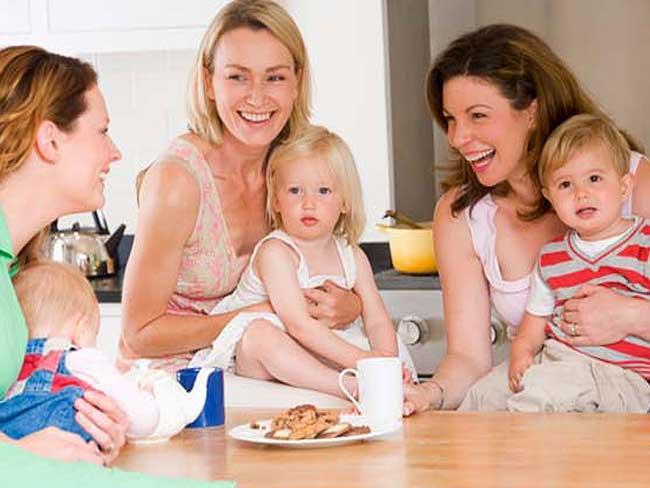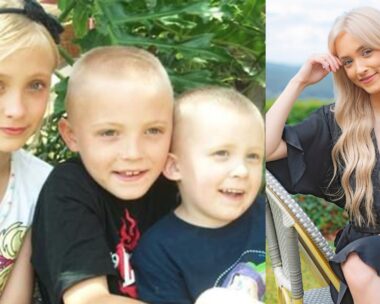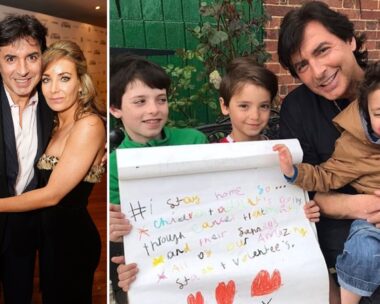Physical development
The art of walking
Your child will now walk more steadily and quickly. He masters stopping and steering, and will learn to turn left or right, and to go round corners. He may be able to walk backwards, and seldom falls now. From 18 months, he’ll probably be able to walk upstairs, placing both feet (and, at first, his hands) on each step.
On the run
By two, your child may be able to run, or at least trot, although he still has to learn how to slow down and stop. He may like dancing. With better balance, he’ll enjoy more playground equipment, such as the slide, and he may be able to ride a small tricycle, pushing it along with his feet rather than using the pedals.
Getting handy
His hand skills are more refined and, with more strength and control of the small muscles in hand and wrist, your child may be able to open a kitchen drawer, take out a jar, undo it, and feed himself the contents with a spoon! He’ll enjoy a wider range of manipulative toys and activities such as Playdough, drums, xylophones and sorting toys.
They may also:
Be able to go downstairs, putting both feet on a step at a time by the age of two
Jump – at first from a low step to the ground
Use a spoon well and want to use a fork because you do, even if he can’t manage it at first
Mental development
The joys of pretend play
Your toddler is embracing imaginative play and often plays more creatively as imagination starts to blossom in their second year. With a longer concentration span and increased understanding of the adult world, he may enjoy games which imitate your activities such as shopping and cooking.
Becoming a bookworm
He recognises and knows familiar stories, nursery rhymes and songs, and may be able to say or sing some of the words. He may go through a phase of wanting to hear his favourite book again and again.
Your little chatterbox
Language may blossom over these months and by two, your child may build a vocabulary of up to 200 words, though again he understands far more than he can say. He probably talks a lot, can identify and describe familiar items, asks questions and uses negatives.
They may also:
Use “No!” more than any other word!
Have a word for going to the toilet which marks his growing awareness of his bladder and bowel motions
Be ready for potty training by 21-24 months (although three years is normal, too)
Emotional development
Clever communicator
Your child can communicate well with you and make himself understood when asking for food, drink and toys. At 18 months, he may still communicate his feelings clearly by crying, laughing, pointing and other body language; by two, he’ll use more words, not just gestures.
Making friends
He may cooperate more with other children and play alongside them while taking an increasing interest in their doings, sometimes imitating them as a way of communicating, according to studies at Edinburgh University.
‘Me do it!’
His expanding social sense goes hand in hand with an increased awareness of himself, and a growing desire for independence. This is the age of ‘Let me!””. This growing sense of himself and his own power may lead to conflict with you, and tantrums may mark the terrible two’s. Child psychologist Judy Dunn found that the number of conflicts between children and their mothers doubled between 18 and 24 months!
They may also:
Enjoy meeting family and friends
Have a wavering sense of sharing with others
Have a good understanding of some social rituals such as parties – even if he doesn’t always put his understanding into practice
Communicate his desire for closeness with you simply by wriggling onto your lap
Show fear of, say, dogs, darkness, thunder, lightning or noise”




